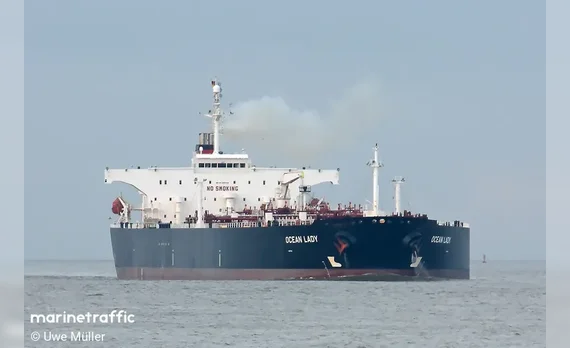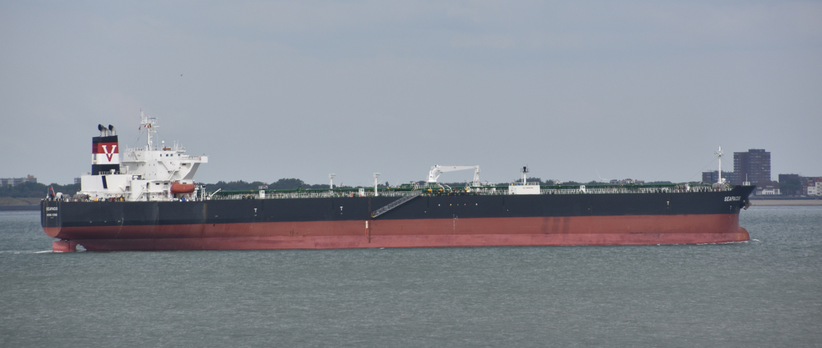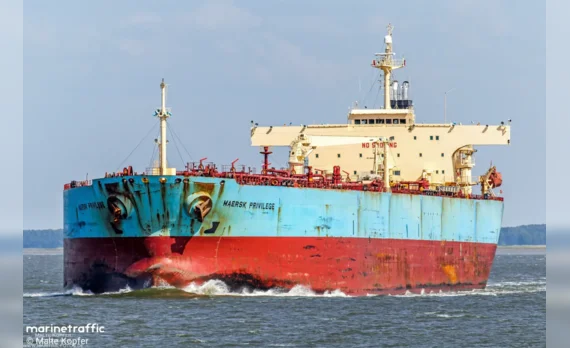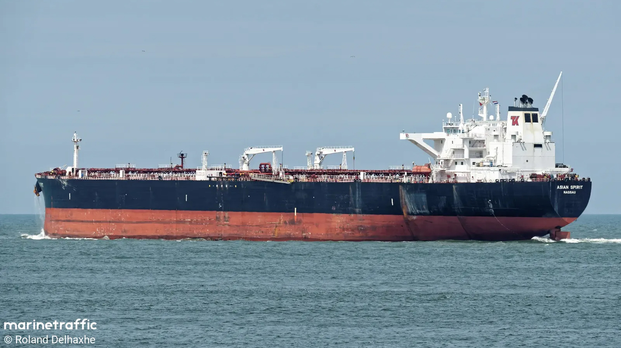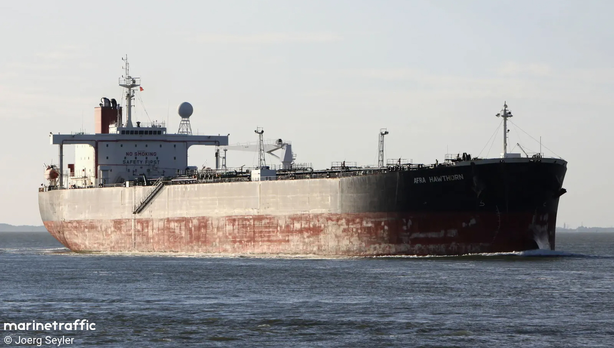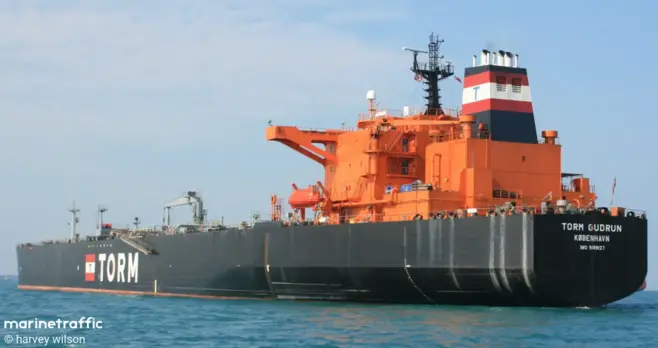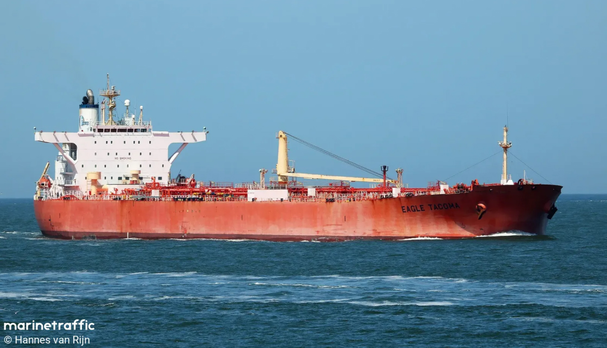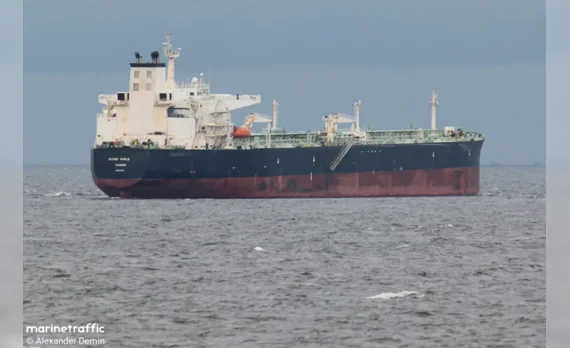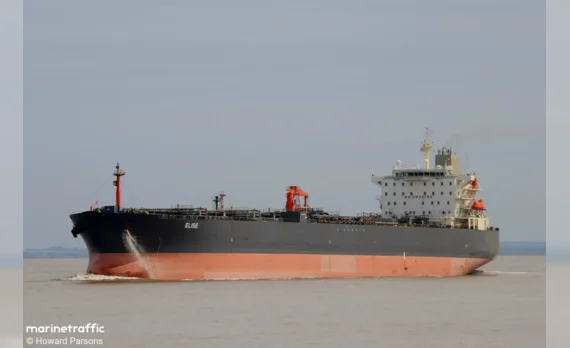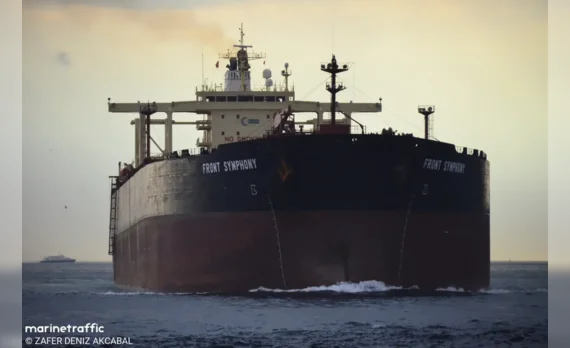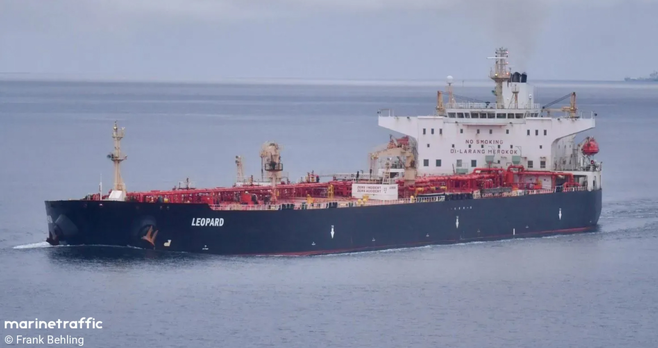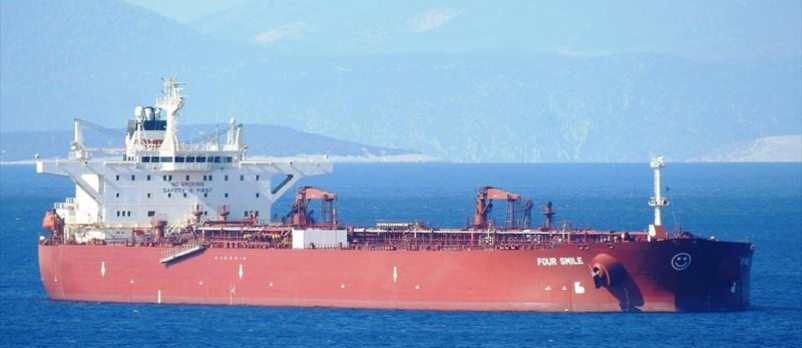During the period of the G7 and EU oil embargo and the price-cap policy on russian oil, the tanker is involved in the export of russian oil from the russian ports of Primorsk and Ust-Luga in the Baltic Sea to third countries, in particular, India and China.
From November 2021 to January 2025, the sanctioned Cyprus company Lagosmarine Ltd ( ΗΕ 402876) was the commercial and ISM manager of the tanker. The company's director is Dakis Mauroudis, who, in turn, is a director of another Cypriot company, Sparta Shipmanagement Limited (ΗΕ 393698). Lagosmarine Ltd and Sparta Shipmanagement Limited are registered at the same address in Cyprus.
At the same time, Sparta Shipmanagement Limited is affiliated with Latvian citizen Alexey Haliavins, who in 2024 'helped' one of the largest russian oil and gas companies, Surgutneftegaz, to earn $1.4 billion on oil sales above the price ceiling for russian oil set by sanctions.
In 2022, Haliavins claimed to be the general manager of Sparta Shipmanagement Limited, as well as the chairman of the board of directors and ultimate beneficial owner of the OGC group.
Three Dubai-based companies are associated with Oleksiy Haliavins: Black Pearl Energy Trading LLC, OGC Shipping LLC, and Conmar Maritime.
In 2023, Black Pearl Energy Trading LLC and OGC Shipping LLC purchased about 38 million barrels of oil from the russian company Surgutneftegaz at an average price of $83.7 per barrel, which exceeds the price cap for russian oil. In January-May 2024, only Black Pearl Energy Trading bought oil from the russian company, purchasing more than 20.6 million barrels at $83.7. As a result, the russian Surgutneftegaz earned about $1.4 billion bypassing the price ceiling. At the same time, tankers registered to Lagosmarine Ltd, which is affiliated with Sparta Shipmanagement Limited through a joint director, are constantly making voyages between the russian ports of Primorsk, Ust-Luga, Kozmino and India and China. According to customs documents, the same routes were used to move oil sold to Dubai companies linked to Halsavins.
The Israeli Ministry of Defense accuses one of Lagosmarine's tankers, ІМО 9235725, in transporting Iranian oil for the Quds Force and Hezbollah.
According to the United Against Nuclear Iran (UANI), the vessel ІМО 9282792 was involved in the transportation of Iranian oil and since January 2022 has switched to transporting russian oil. Since the beginning of russia's full-scale invasion of Ukraine in February 2022, more than 100 vessels that previously helped Tehran export Iranian export oil are now helping russia transport russian oil/oil products.
In his LinkedIn profile, Haliavins lists himself as a beneficiary and CEO of Conrad Management Company, which is listed as a sponsor company in the UAE residence permits of employees of the russian state-owned company JSC Foreign Economic Association Promsyryoimport (TIN 9704027750, sanctioned by USA and Ukraine). This russian company is involved in schemes to supply Iranian oil to Syria and the TOT of Crimea.
On May 09, 2025, the United Kingdom imposed sanctions on the tanker as part of the restrictions on the shadow fleet of the russian federation, including for engaging in activities aimed at destabilizing Ukraine, undermining/threatening the territorial integrity, sovereignty or independence of Ukraine or benefiting from or supporting the government of russia, and participating in the transportation of crude oil/petroleum products of russian origin, in particular, from russia to a third country.
On May 20, 2025, the EU imposed sanctions, which will enter into force on May 21, 2025, on the tanker for the transportation of crude oil/petroleum products originating in or exported from russia, using irregular high-risk shipping practices as specified in the International Maritime Organization General Assembly Resolution A.1192(33).
On June 03, 2025, the sanctions imposed by Switzerland on the vessel came into force.
In June 2025, Canada imposed sanctions on the vessel.
According to the database of the Global Integrated Shipping Information System of the International Maritime Organization (IMO's GISIS) as of July 28, 2025, the vessel's registered name is AQUA LIVE, the flag is indicated as "Aruba False".
